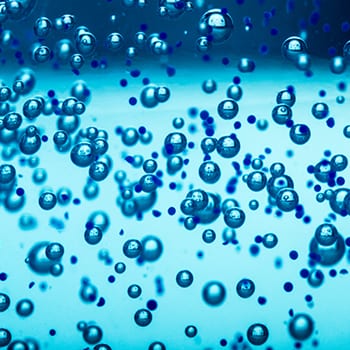How To Remove Oxygen From Boiler Feed Water
Oxygen in boiler feed water can cause a number of problems, including corrosion, pitting, and scaling. This can lead to reduced efficiency, increased downtime, and costly repairs.
There are two main ways to remove oxygen from boiler feed water: mechanical and chemical.
Mechanical Methods
Mechanical methods of oxygen removal involve heating the water and then venting the oxygen to the atmosphere. The most common mechanical methods are:
- Deaerators: Deaerators heat the water and then spray it into a vacuum chamber. This causes the oxygen to come out of solution and be removed by the vacuum pump.
- Vacuum deaerators: Vacuum deaerators operate at lower temperatures than conventional deaerators. This makes them more suitable for use with high-pressure boilers.
- Thermal deaerators: Thermal deaerators use steam to heat the water. This causes the oxygen to come out of solution and be removed by a steam vent.
Chemical Methods
Chemical methods of oxygen removal involve adding chemicals to the water that react with the oxygen and remove it from solution. The most common chemical methods are:
- Hydrazine: Hydrazine is a highly effective oxygen scavenger. However, it is also toxic and corrosive, so it must be handled with care.
- Sodium sulfite: Sodium sulfite is another effective oxygen scavenger. It is less toxic and corrosive than hydrazine, but it is also less effective.
- Ethylene diamine tetraacetic acid (EDTA): EDTA is a chelating agent that can be used to bind oxygen and remove it from solution. It is less effective than hydrazine or sodium sulfite, but it is also less toxic and corrosive.
Which Method Is Best For You?
The best method of oxygen removal for you will depend on a number of factors, including the size and type of your boiler, the quality of your water, and your budget.
If you have a small boiler and good quality water, you may be able to get by with a simple mechanical deaerator. However, if you have a large boiler or poor quality water, you may need to use a chemical oxygen scavenger in addition to a mechanical deaerator.
It is important to consult with a qualified boiler technician to determine the best oxygen removal method for your specific needs.
Safety
Chemical oxygen scavengers can be toxic and corrosive, so they must be handled with care. Be sure to follow the manufacturer’s instructions carefully when using chemical oxygen scavengers.
It is also important to note that some chemical oxygen scavengers can react with other chemicals in the boiler water to form harmful compounds. Be sure to consult with a qualified boiler technician to ensure that the chemical oxygen scavenger you are using is compatible with the other chemicals in your boiler water.
By following these safety tips, you can help to prevent accidents and injuries.
About The Author
Nick Piskura is the Marketing and Web Development Specialist at ChemREADY who utilizes expertise in digital marketing strategies to provide knowledgeable insights in each segment of our business. Nick provides insights through web development and multimedia resources that support ChemREADY’s full range of services, including Legionella management, ANSI/AAMI ST108 compliance, boiler and cooling tower treatment, wastewater processing, and industrial water quality solutions.

